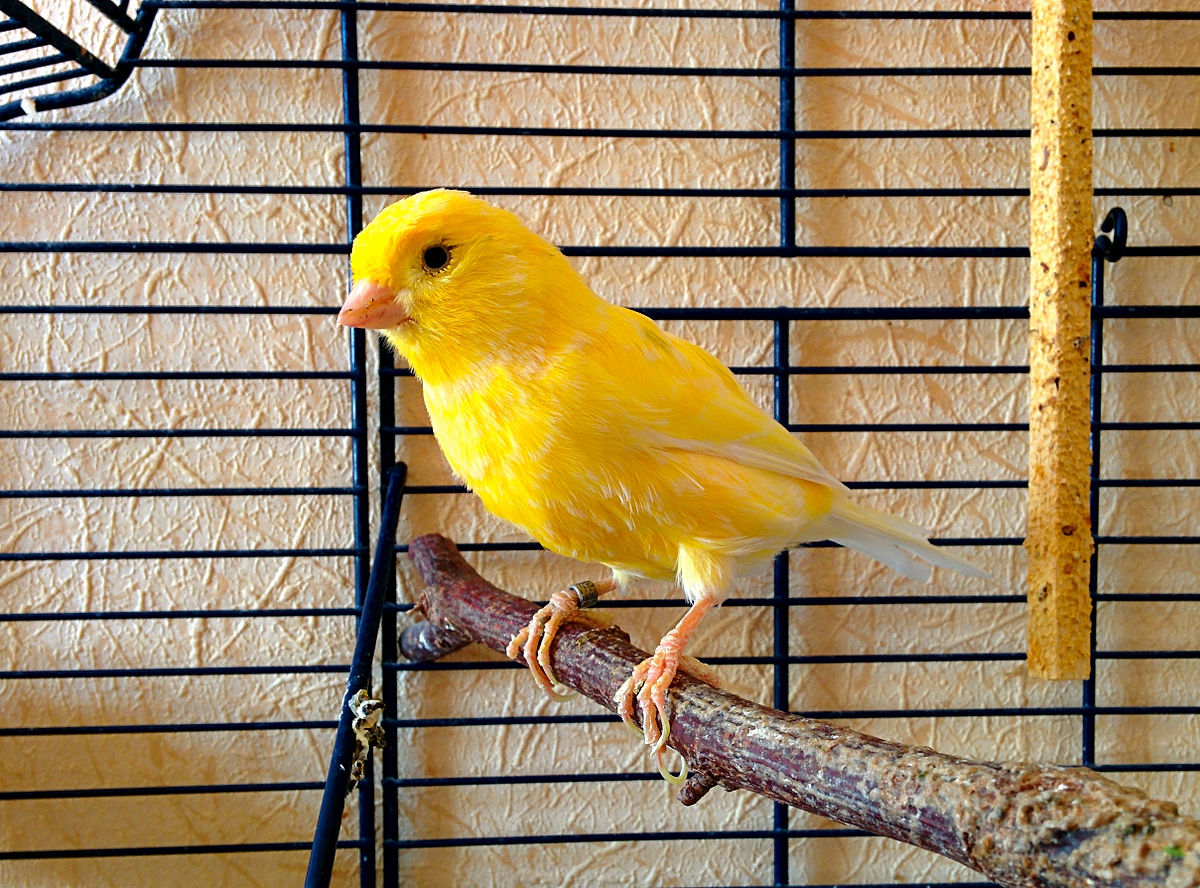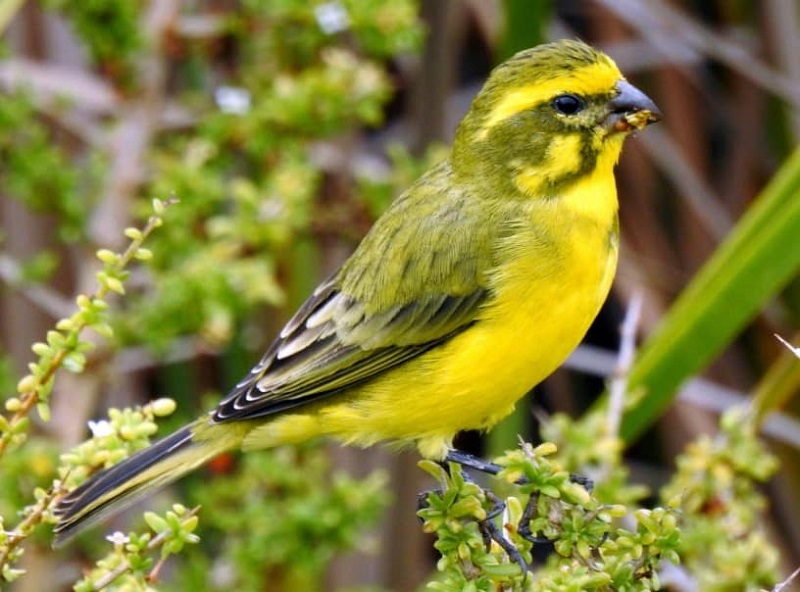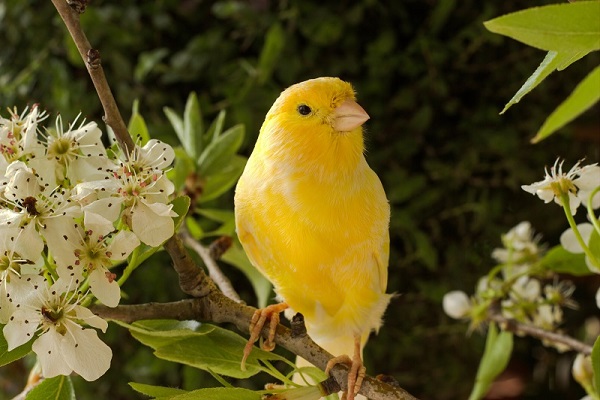The Enchanting World of Canary Birds: Beauty, Melody, and Pet Delight

The Canary bird, scientifically known as Serinus canaria, is a popular and beloved species in the world of aviculture. Originating from the Canary Islands in the Atlantic Ocean, off the northwest coast of Africa, this small songbird has been domesticated and bred as a pet for centuries.

 Apart from their stunning appearance, Canaries are beloved for their beautiful and melodious songs. Male Canaries, in particular, possess an extraordinary vocal range and have the ability to produce complex and melodious tunes. Their songs are often described as sweet, clear, and filled with trills and warbles, creating a soothing and enjoyable auditory experience.
Apart from their stunning appearance, Canaries are beloved for their beautiful and melodious songs. Male Canaries, in particular, possess an extraordinary vocal range and have the ability to produce complex and melodious tunes. Their songs are often described as sweet, clear, and filled with trills and warbles, creating a soothing and enjoyable auditory experience.  Canaries are relatively small birds, typically measuring about 12-13 centimeters in length. They have a compact body, a small, conical beak, and short legs. Their size and gentle nature make them well-suited for living in cages or aviaries, and they can adapt well to a domesticated environment.
Canaries are relatively small birds, typically measuring about 12-13 centimeters in length. They have a compact body, a small, conical beak, and short legs. Their size and gentle nature make them well-suited for living in cages or aviaries, and they can adapt well to a domesticated environment. 
In terms of care, Canaries require a well-maintained and spacious cage, fresh water, a nutritious diet that includes a variety of seeds, fruits, and vegetables, as well as regular social interaction and mental stimulation. They are generally hardy birds, but like any pet, they need proper attention, care, and veterinary check-ups to ensure their well-being.
Canaries have become treasured pets worldwide due to their enchanting songs, stunning colors, and ease of care. Whether it’s their cheerful chirping or their delightful presence, Canaries bring joy and beauty to the lives of those who keep them as companions.





